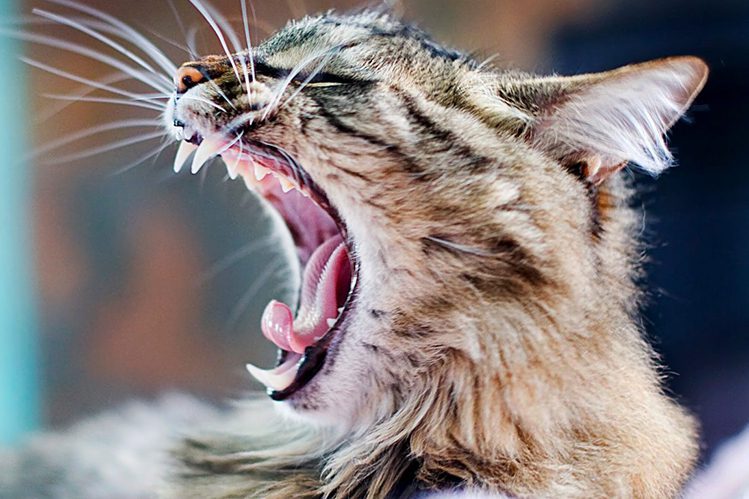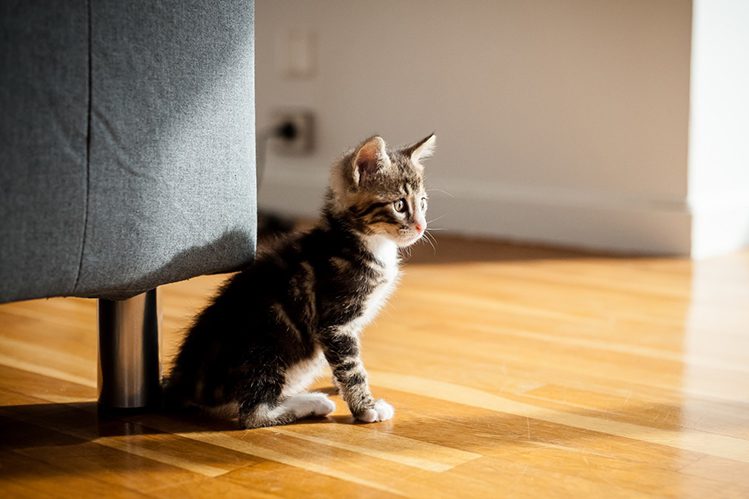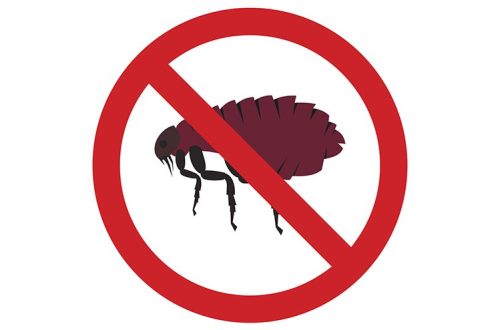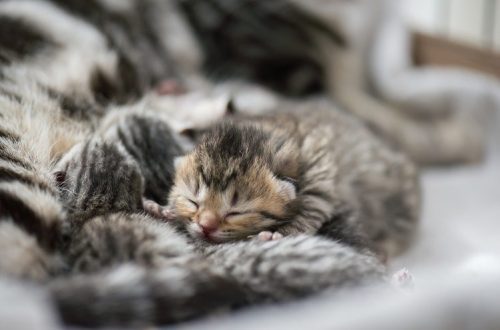
kitten stress
Stress affects not only us, but also our pets. Especially at an early age. In our article we will talk about stress in kittens.
Stress is an emotional and (and) physiological reaction of the body to the influence of environmental factors. In other words, these are changes in behavior and well-being caused by a strong irritating factor or several factors.
Unfortunately, it is impossible to give an exact list of such factors for absolutely all kittens and adult cats. Each pet has its own characteristics of the psyche and its own level of stress resistance. But we can identify the most common causes of stress.
In addition, as you get to know your pet better and better, you will learn to understand what situations make him nervous, and you can either avoid them or prepare your pet for them in advance.
Separation from mother and moving to a new home,
– new environment, new people around, new daily routine,
– drastic changes in diet
– presence of other pets in the house,
– visits to the veterinarian,
– participation in exhibitions,
– parting with the owner,
– loud noise (thunder, parties, firecrackers, etc.), and much more.
After separation from the mother, the kitten will have to discover the whole world, meet new people (and, possibly, pets), learn the skills of education and learn how to behave in a new family. This is both an interesting and very challenging time, so it’s no surprise that kittens are so stressed out. But as common as stress is, its impact on the body cannot be underestimated. Weakened immunity, insomnia, loss of appetite, development of various diseases are some of the traditional consequences of stress. Therefore, a caring owner should in no case let the situation take its course: stress can and should be fought.

Before growing up, the kitten has a long way to go. The baby’s body develops and forms at least up to a year, spending a huge amount of energy on this every day. In the first months of life, the kitten’s immune system is very weak and is not always able to cope with even minor infections. Stress, in turn, further weakens an already weak body, hindering its development and increasing the risk of developing diseases. That is why it is so dangerous for kittens.
Above we said that the causes of stress in each pet may be different. The same thing happens with symptoms. For example, one kitten in a state of stress becomes lethargic, while the other, on the contrary, becomes hyperactive. But if we highlight the most common symptoms of stress, we get the following:
– lethargy or hyperactivity,
– nervousness
– increased aggressiveness
– toilet in the wrong places,
– refusal to communicate
– loss of appetite,
– frequent meowing
– insomnia, etc.
Often, a kitten’s “bad habits” are not habits at all, but the baby’s attempts to inform the owner of his anxiety. Due to stress, kittens can ignore the tray, scratch wallpaper, damage personal belongings of the owners and, against the background of general anxiety, show aggression: scratching and biting. Therefore, if you suspect stress in a kitten, start fighting it as soon as possible. The main thing is to be smart!
What to do if a kitten is stressed? Eliminate the cause first if possible. Of course, if the stress is caused by the arrival of guests or a visit to the veterinarian, this is not difficult to do, but what if the kitten is worried about moving or changing the owner?

Whatever the stress – short-term or long-term, the best cure for it – is your care, attention and patience. Be affectionate, try to distract the baby from negative associations, treat him with a treat, buy special toys so that the kitten does not get bored. To normalize behavior: eliminate nervousness and anxiety, give the kitten any herbal sedative for cats (they are sold without a prescription). The main thing is to choose a natural and safe remedy (for example, Mexidol-Vet). Such drugs can be used not only for treatment, but also for the prevention of stress. For example, if you have planned a trip to the veterinary clinic, the day before, according to the instructions, give the kitten a remedy. This will prepare the nervous system for a stressful situation and reduce its severity.
It is important to understand that short-term stress has nothing to do with chronic stress and phobias. If your pet has a severe, prolonged nervous tension or mental disorder, treatment is worked out in conjunction with a veterinarian and, possibly, an animal psychologist. As with other serious diseases, you can’t joke with this: chronic stress and phobias will not go away on their own.
Do not forget that in many ways the physical and emotional well-being of your pet depends on you. From how you take care of him and how you treat him. Be careful not to resort to physical methods of punishment and base your relationship solely on friendship and trust.





